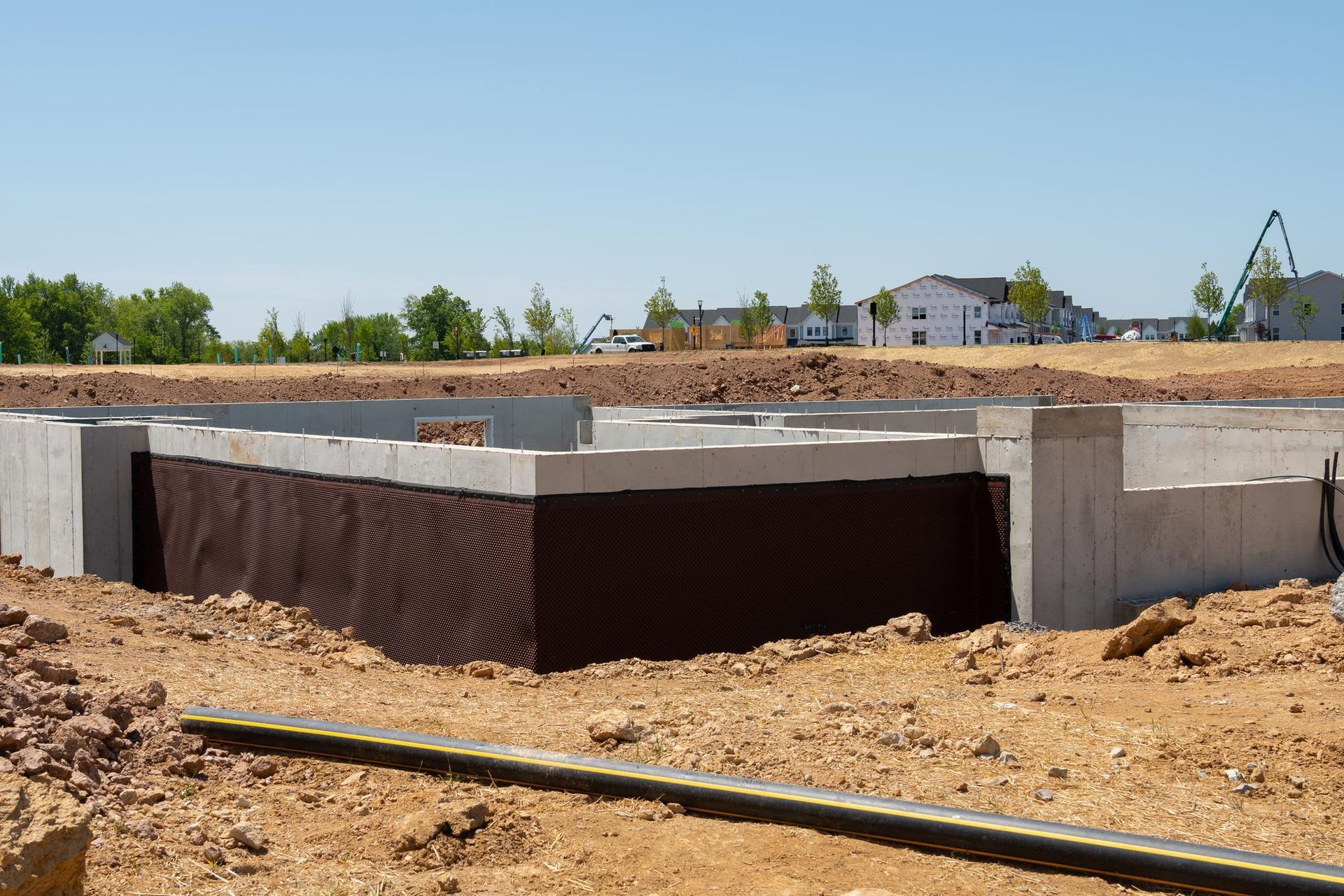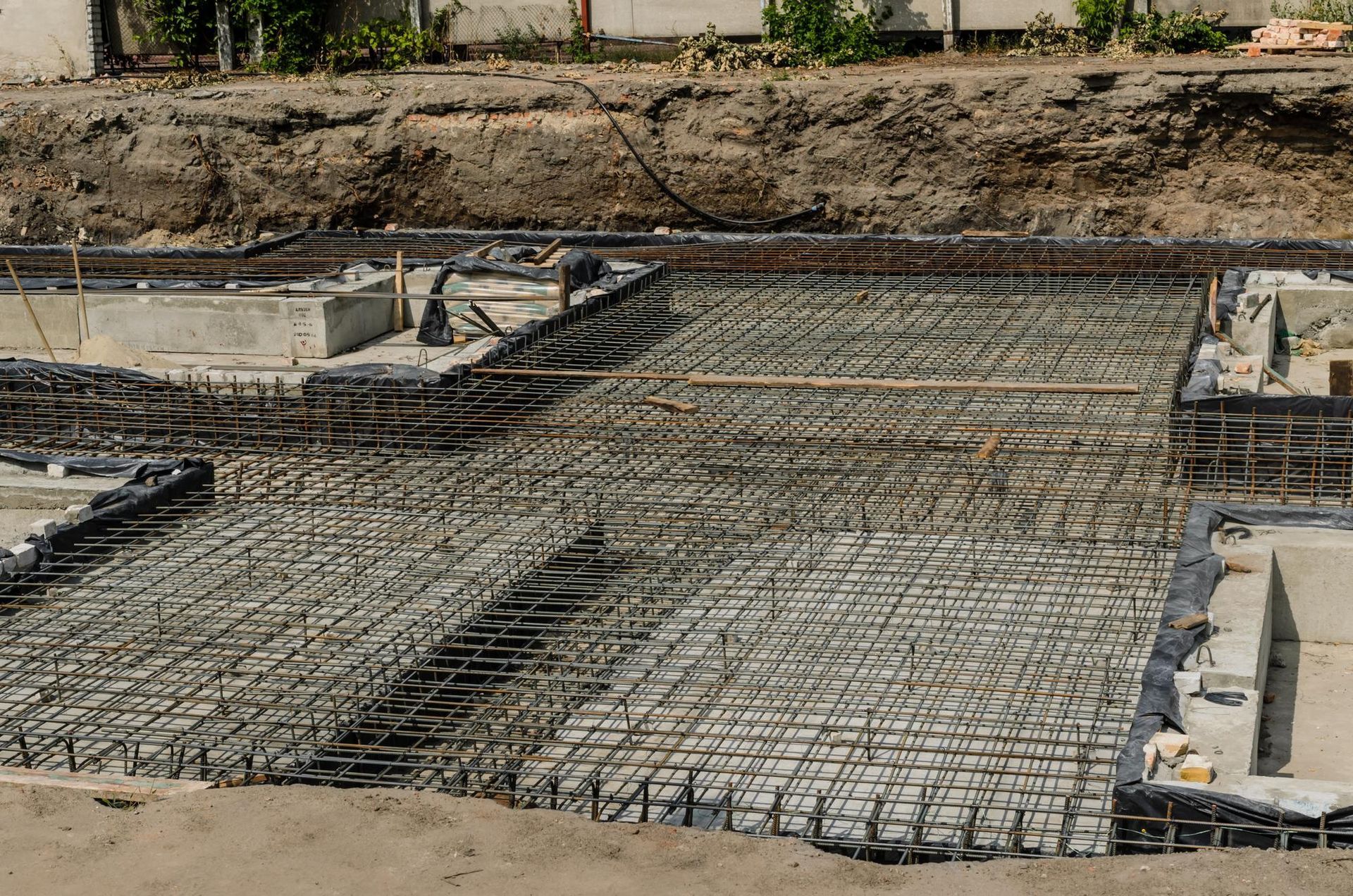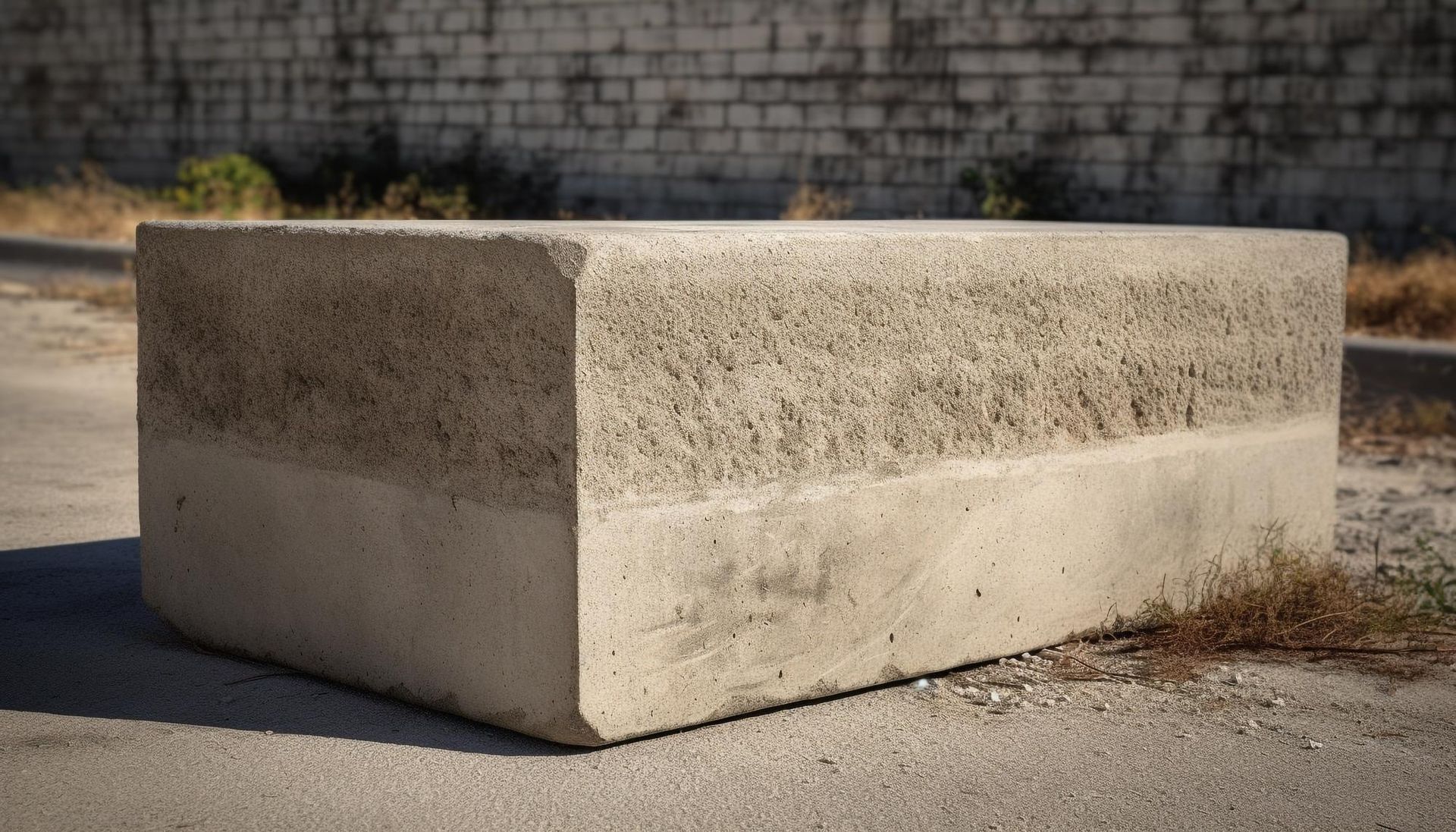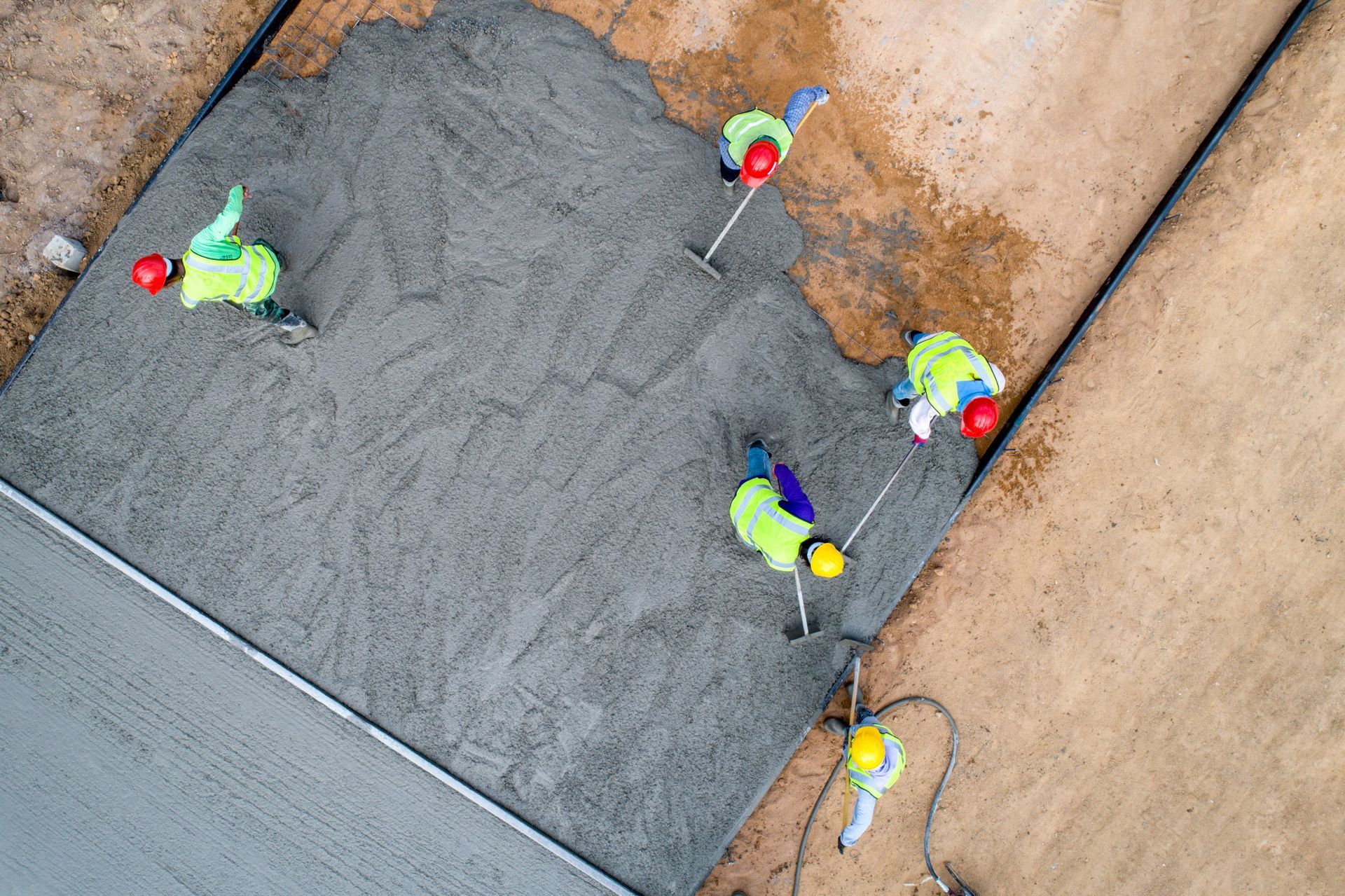10 Essential Tips for Hiring a Reliable Construction Contractor
Are you planning a home renovation or a new construction project? The success of your endeavor largely depends on one critical decision: choosing the right construction contractor. A construction contractor is like the captain of your project's ship, steering it towards success or failure. In this article, we will explore ten essential tips to help you find a reliable construction contractor who will turn your dreams into reality. Throughout this guide, we will naturally incorporate the keyword "construction contractor" to emphasize its importance.
10 Essential Tips for Hiring a Reliable Construction Contractor
1. Do Your Research
When it comes to selecting a reliable construction contractor, thorough research is your foundation for success. Consider this phase as the groundwork for building a sturdy structure. Begin your journey by exploring various resources available to you. The internet is a treasure trove of information, offering insights into local contractors, their specialties, and reviews from previous clients. Don't underestimate the power of word-of-mouth recommendations; friends, family, and acquaintances who have had construction work done can provide valuable insights. Additionally, check with local construction associations or trade organizations for recommendations. By casting a wide net during your research, you'll compile a list of potential contractors who could be a good fit for your project.
2. Verify Credentials
Once you have a list of potential contractors, the next step is to verify their credentials. Think of this as ensuring your captain has the proper qualifications before embarking on a journey. Check if the contractors you're considering are licensed and insured. Licensing ensures that the contractor has met the necessary requirements and standards set by the local authorities. Insurance, on the other hand, acts as a safety net, protecting you and the contractor in case of accidents or damages during the project. Hiring an unlicensed or uninsured contractor can expose you to unnecessary risks, so always confirm these credentials before proceeding.
3. Check Experience and Expertise
Experience is like the compass guiding your ship through unfamiliar waters. Evaluate a contractor's past experience and expertise before making any decisions. Review their portfolio to see if they have worked on projects similar to yours. A contractor with a strong track record in your specific project type is more likely to understand the nuances and challenges involved. While a general contractor can handle a range of projects, for specialized or complex work, consider hiring a contractor who specializes in that area. Just as you wouldn't ask a ship's captain to fly an airplane, selecting the right contractor expertise is essential for a successful outcome.
4. Ask for References
References are akin to testimonials from passengers who have sailed with your captain before. They provide valuable insights into a contractor's reputation and reliability. Don't hesitate to request references from the contractors you're considering. When contacting these references, ask about their experiences working with the contractor. Inquire about the quality of work, adherence to timelines, communication skills, and any unexpected challenges that arose during the project. Hearing firsthand accounts from previous clients can offer valuable perspectives and help you gauge whether the contractor is the right fit for your project.
5. Request Detailed Quotes
After gathering a list of potential contractors, the next step is to request detailed quotes from each of them. This step is akin to charting your course and understanding the financial aspects of your project. Reach out to your shortlisted contractors and ask for comprehensive project estimates. Ensure that these quotes are itemized and provide a breakdown of all costs, including labor, materials, permits, and any potential contingencies. By obtaining detailed quotes, you gain a clear understanding of the financial commitment required for your project and can make informed decisions based on your budget.
6. Communicate Expectations Clearly
Effective communication is the wind that fills your project's sails. Once you've narrowed down your choices, it's crucial to establish clear communication channels with your selected contractor. Clearly define the project's scope, your expectations, and any specific requirements. A written project brief can serve as a roadmap for both parties, ensuring that everyone understands the project's objectives, timeline, and budget. This step is similar to setting the course for your voyage; without clear communication, you risk drifting off course and encountering unexpected challenges.
7. Evaluate Communication Skills
Communication is a two-way street, and a contractor's communication skills can greatly impact the success of your project. Effective communication ensures that you and your contractor are on the same page throughout the project's duration. Assess the contractor's responsiveness to your inquiries and concerns. Prompt and transparent communication is a positive sign that your project will run smoothly. Pay attention to how well they listen and address your questions. A contractor with strong communication skills is more likely to keep you informed, address issues proactively, and maintain a productive working relationship.
8. Check for Red Flags
Just as you'd be vigilant for signs of storms while sailing, it's crucial to watch for red flags when hiring a contractor. These red flags can indicate potential issues that may arise during your project. Common warning signs include contractors who are unresponsive, provide vague quotes, lack a solid portfolio, or hesitate to provide references. Additionally, be cautious of contractors who request a large upfront payment before starting work or those who are not willing to sign a detailed contract. Trust your instincts and address potential issues early in the process. Identifying and addressing red flags can save you from turbulent waters and ensure a smoother construction journey.
9. Review and Finalize the Contract
Before setting sail, you must sign a contract that lays out all the details of your journey. A well-drafted contract is like a solid anchor, keeping your project secure. Ensure the contract includes key elements, such as project scope, timelines, payment terms, and responsibilities. If needed, seek legal advice to make sure everything is in order.
10. Choose Wisely
The final tip on our list may seem obvious, but it's worth emphasizing that your ultimate decision should not be taken lightly. After you've conducted thorough research, verified credentials, assessed experience, requested references, reviewed quotes, and established clear communication, it's time to make the critical choice.
- Compare and Contrast: Take the time to compare all the information you've gathered about each potential construction contractor. Examine their qualifications, past projects, and communication skills side by side. Look for alignment with your project goals and expectations.
- Trust Your Instincts: While it's essential to rely on facts and figures, don't ignore your gut feeling. If something doesn't sit right with a particular contractor, it's worth considering whether they are the right fit for your project. Trusting your instincts can often lead you in the right direction.
- Consider Reputation: Reputation matters greatly in the construction industry. Research online reviews, testimonials, and ask for additional references if needed. A contractor with a solid reputation for delivering quality work is more likely to meet your expectations.
- Quality vs. Cost: While cost is a significant factor, prioritize quality over a low price. A cheap contractor may cut corners or use inferior materials, potentially leading to costly repairs down the line. Evaluate the value you're getting for your investment.
- Check Availability: Confirm that the contractor has availability within your project timeline. Delays can be costly and frustrating, so ensure they can commit to the project's schedule.
- Review the Contract: Before making a final decision, carefully review the contract one more time. Ensure that all your requirements, expectations, and terms are clearly stated. If there are any uncertainties or discrepancies, discuss and resolve them with the contractor.
- Seek Legal Advice: If your project is particularly complex or involves a substantial investment, it may be prudent to seek legal advice before signing the contract. A legal expert can help you understand the terms and protect your interests.
- Open Communication: Maintain open and honest communication with the selected contractor. Discuss any concerns, expectations, or changes promptly to avoid misunderstandings during the project.
- Celebrate Your Decision: Once you've made your choice and signed the contract, celebrate your well-informed decision. It's a significant milestone on your journey to a successful construction project.
Remember that choosing the
right construction contractor is pivotal to the outcome of your project. It's a decision that involves careful consideration, weighing all the factors, and ensuring that you feel confident in your selection. By following these ten essential tips and making a well-informed choice, you'll be well on your way to a reliable and successful construction experience.
Conclusion
Choosing the right construction contractor is a pivotal decision that can make or break your project. By following these ten essential tips, you can navigate the process with confidence. Remember to do your research, verify credentials, check experience, ask for references, request detailed quotes, communicate expectations clearly, evaluate communication skills, watch for red flags, and review and finalize the contract.
At
Bri-Mic Construction, Inc., we understand the significance of each of these steps in ensuring your project's success. With years of experience serving North Collins, NY, and a stellar reputation in the industry, we pride ourselves on being your reliable construction partner. You can reach us at
716-337-0500 to discuss your project and experience firsthand how we prioritize clear communication, detailed quotes, and a commitment to exceeding your expectations. With Bri-Mic Construction, Inc. as your captain, your construction or renovation project is bound for smooth sailing and successful completion. So, don't rush your decision; choose us wisely, and enjoy the journey towards your construction dreams!










